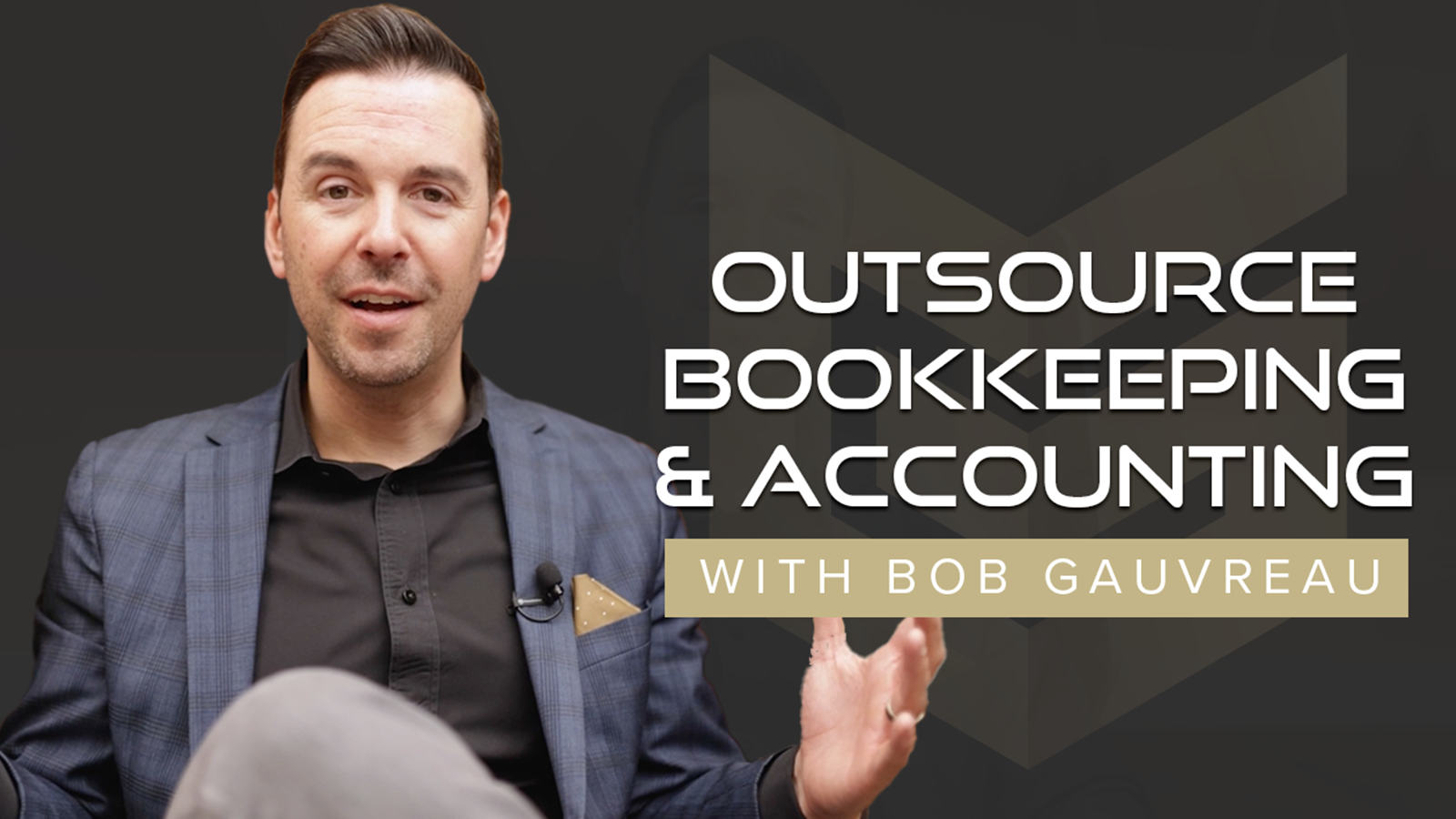Unlocking Success: Why Small Business Owners Should Outsource Bookkeeping & Accounting
Let's talk about why we should outsource accounting and bookkeeping. But before we get into that, let's talk about the difference between...
1 min read
 Gauvreau Accounting Tax Law Advisory
Jun 26, 2024
Gauvreau Accounting Tax Law Advisory
Jun 26, 2024
One of the most common questions I hear is, "How do I set up an effective bookkeeping system for my business?" If you already have a bookkeeping system in place, you're likely ahead of most business owners. However, many entrepreneurs feel shame and embarrassment because their books are not up to date. It's not uncommon to hear, "I'm a business owner, and I don't know my numbers." If this sounds like you, know that it’s okay. Recognizing the issue and being willing to work toward improving it is the first step, and you are not alone. Many businesses have neglected their finances, but the sooner you address this, the more successful your business will be.
Why a Basic Bookkeeping Framework is Essential
Establishing a basic bookkeeping framework for your business is crucial for several reasons:
Getting Started with QuickBooks Online
One of the best tools for setting up an effective bookkeeping system is QuickBooks Online. This cloud-based accounting solution integrates with your bank statements, pulling all your business transactions into one place. Here’s why we recommend it:
Steps to Implement Your Bookkeeping System
Don't let embarrassment hold you back from taking control of your business finances. Setting up an effective bookkeeping system is a necessary step towards financial clarity and business success.
Ready to get your bookkeeping in order? Contact us today to learn more about how we can help you set up and manage an efficient bookkeeping system using QuickBooks Online.

Let's talk about why we should outsource accounting and bookkeeping. But before we get into that, let's talk about the difference between...

You remember the feeling when you first opened your small business, right? That sense of purpose, the thrill of new beginnings, the hope of financial...

Effective financial management is crucial for the success of any small business. Many entrepreneurs feel overwhelmed by the complexities...